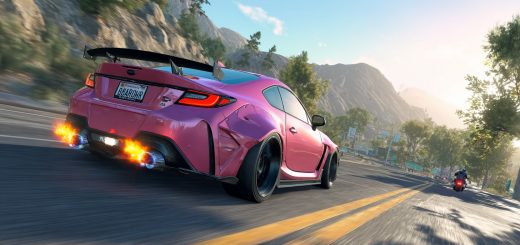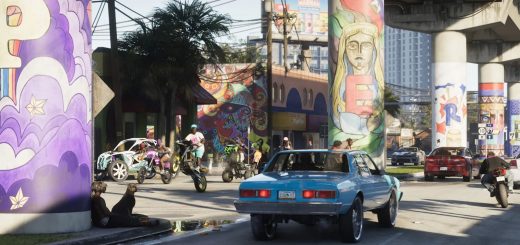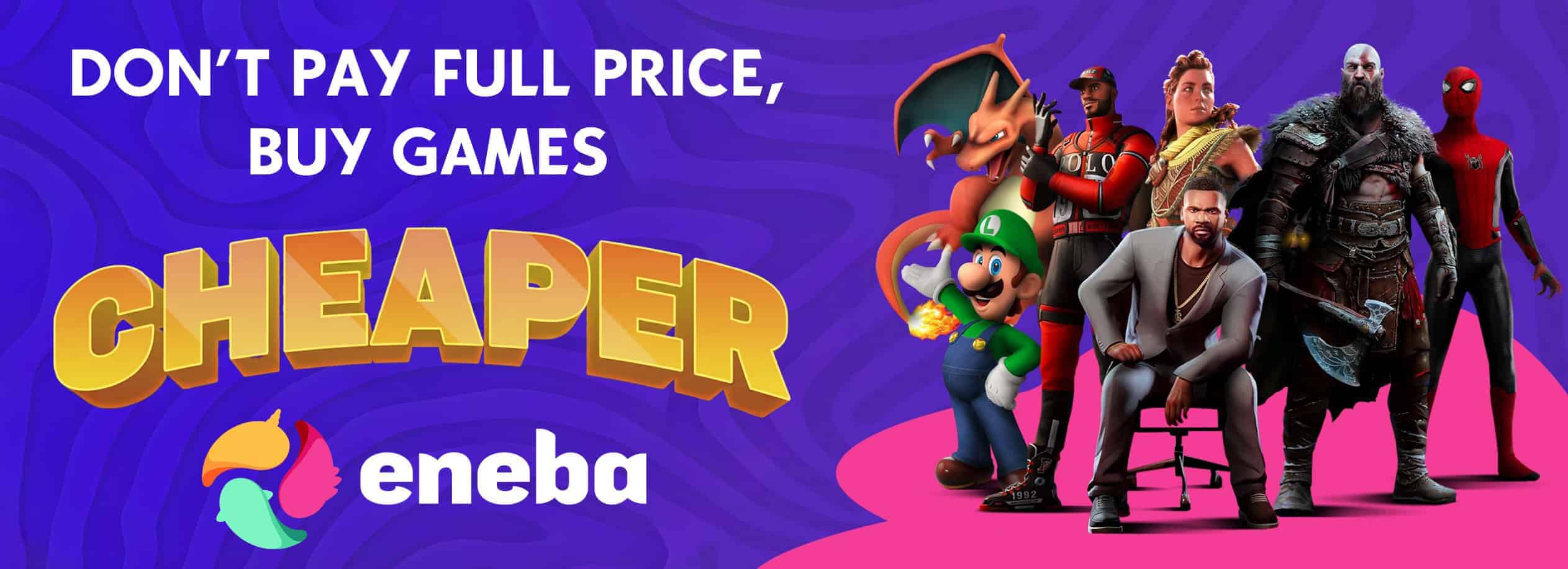


Summary
- Essential tools for GTA 6 modding include Visual Studio or VS Code, Blender, GIMP or Photoshop, 7‑Zip, and Git.
- Learn with GTA 5 tools like OpenIV, Script Hook V, and FiveM/RedM to understand asset structures and scripting.
- Post-launch, expect a phased rollout of modding tools, starting with extractors, then script hooks (C#/C++), and eventually mod managers.
- Sharpen your modding skills now: scripting, 3D modeling, rigging, texturing, and documentation practices will pay off.
- Stay community-safe by focusing on single-player mods, avoiding GTA Online, and including clean uninstall procedures and checksum tools.
With GTA 6 officially set for release in May 2026, excitement around mods is already heating up. While Rockstar hasn’t released official modding tools yet, the long history of GTA 5 and Red Dead Redemption 2 gives us a reliable picture of what tools and software will likely be essential for creating and installing mods in Grand Theft Auto VI. If you want to be ready on day one, here’s what you’ll probably need.
File Browsers and Asset Editors
One of the first tools modders will rely on is a file browser to unpack and explore GTA 6’s game files. For GTA 5, OpenIV became the go-to utility, allowing players to view textures, models, and configuration files. While GTA 6 will likely use updated file formats, expect OpenIV or a new tool to provide read-only support first, followed later by editing capabilities. This is where you’ll manage textures, audio, animations, and other core assets.
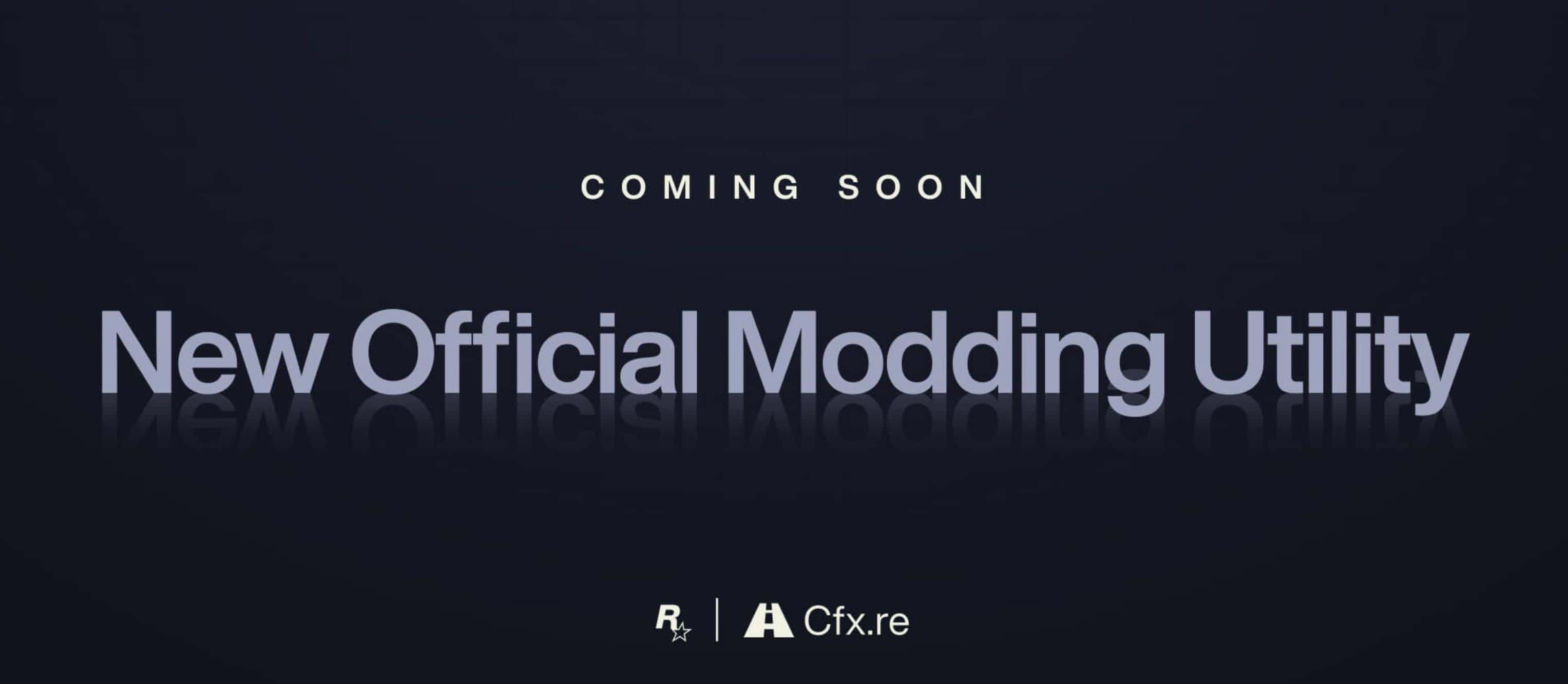
Script Hooks and Runtimes
To unlock gameplay scripting, tools like Script Hook V and Community Script Hook .NET were essential in GTA 5. These let modders write custom code in languages like C++ or C#, adding new missions, mechanics, and cheats. GTA 6 will almost certainly require a similar bridge before scripts can run in single-player mode. Once the community updates these hooks, expect mods ranging from car spawners to complex gameplay overhauls.
Mod Managers and Loaders
Installing mods manually can get messy, especially as patches roll out. That’s where mod managers come in. Tools like custom GTA managers help organize mods, toggle them on and off, and keep backups of clean files. For GTA 6, a dedicated mod loader will likely emerge early, making it easier for newcomers to install mods without breaking their game.
Development Software
Beyond GTA-specific tools, modders will need general development software:
- Visual Studio / VS Code – for writing scripts in C++ or C#
- Blender or 3ds Max – for creating and editing 3D models
- Photoshop or GIMP – for working with textures and UI elements
- GitHub or Git – for version control and collaboration on larger mods
- 7-Zip or WinRAR – for compressing and distributing mod files
These programs are already industry standards and will be invaluable once GTA 6 modding picks up.
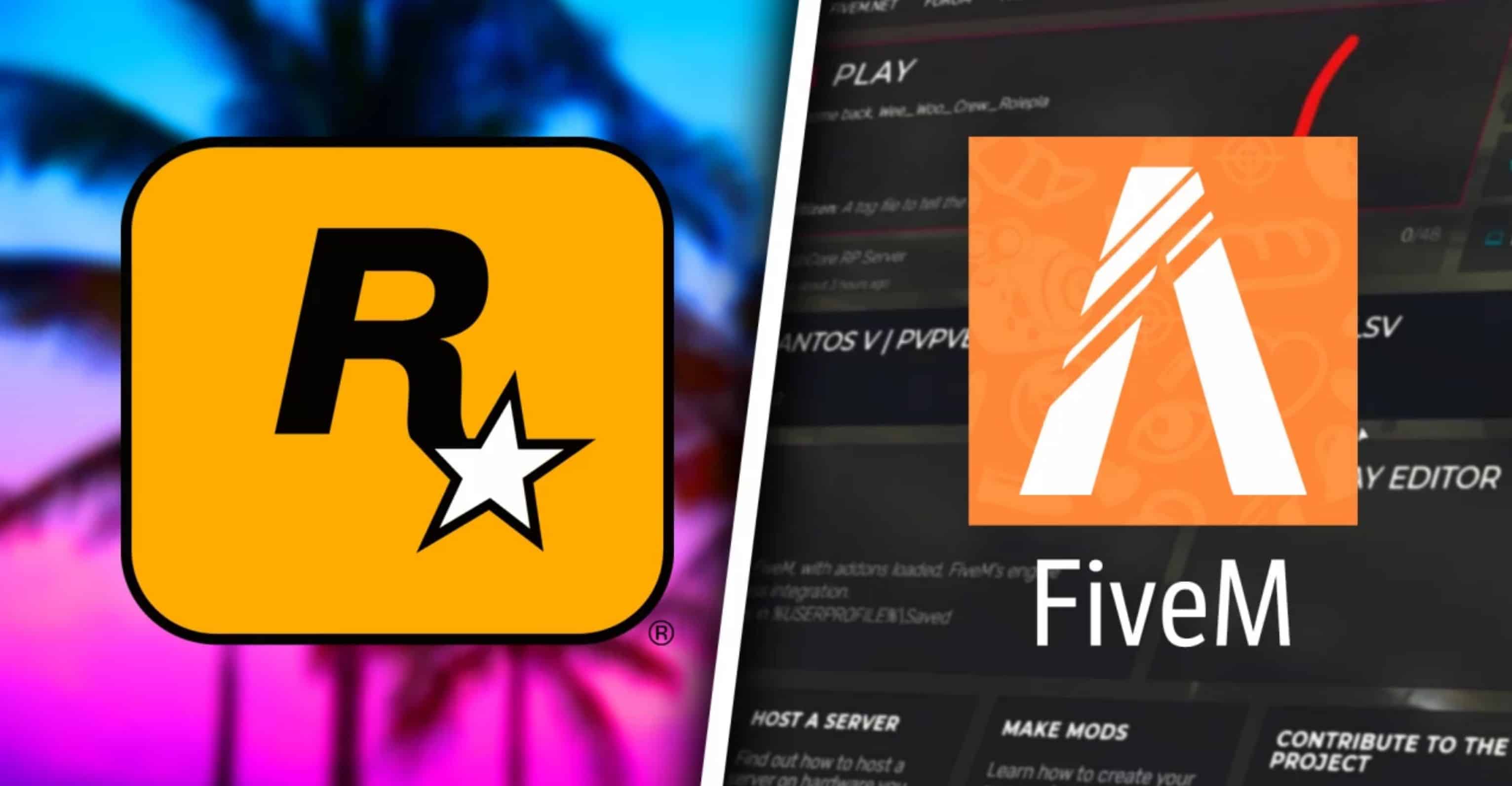
Multiplayer Frameworks
With Rockstar now officially backing the Cfx.re team, the creators of FiveM and RedM, it’s highly likely that multiplayer frameworks for GTA 6 will be supported at some stage. These allow custom roleplay servers, community events, and massive collaborative mods. While not available at launch, preparing with Lua or JavaScript scripting skills will give you an edge when multiplayer modding tools arrive.
Keeping Mods Safe
Finally, no matter what tools you use, safety should be a priority. Keep your mods restricted to single-player, respect Rockstar’s guidelines, and always scan files before sharing them. Organized packaging, clear documentation, and virus-free downloads are what make mods trusted and widely adopted in the community.
The exact tools for GTA 6 modding haven’t been released yet, but looking at past Rockstar titles makes it clear what you’ll need: file browsers like OpenIV, script hooks, mod managers, 3D modeling software, and version control systems. By learning these now, you’ll be ready to dive into modding the moment GTA 6 launches.




